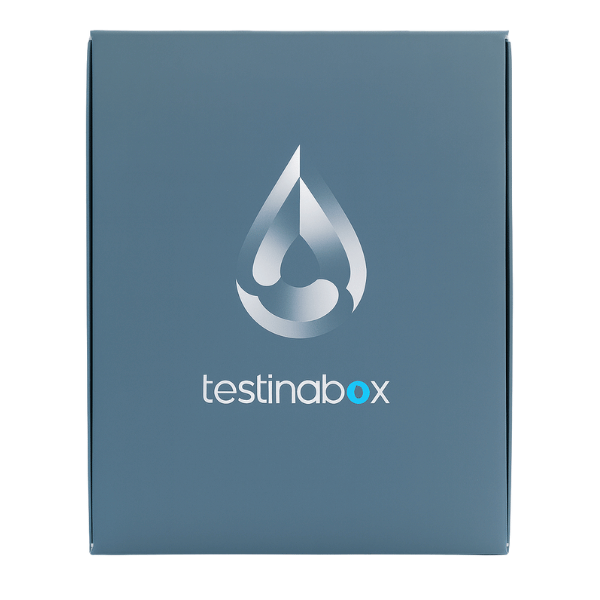

Gain clarity over your reproductive and hormonal health with our Female Hormone & Menstrual Cycle Blood Test. This comprehensive hormone profile measures key markers that influence menstrual regularity, ovulation, and fertility, including FSH, LH, Estradiol (E2), Progesterone, Prolactin, TSH, and Full Blood Count (FBC). Ideal for investigating irregular periods, ovulatory issues, PMS symptoms, and fertility concerns, this test provides a detailed picture to help guide next steps in your reproductive health journey.
A healthy menstrual cycle depends on the precise balance of hormones that regulate follicle development, ovulation, and the menstrual phase. When this balance is disrupted, it may lead to irregular or absent periods, heavy bleeding, difficulties conceiving, or symptoms such as fatigue, mood swings, PMS, and hormonal imbalance.
The Menstrual Cycle & Ovulation Profile Test from Vitalync Diagnosis measures key female reproductive hormones, along with thyroid and blood health markers, that influence cycle timing, ovulation, and fertility. This comprehensive hormone profile provides clarity to support your next steps in cycle regulation, fertility planning, or diagnostic investigation.
This female hormone and ovulation blood test is suitable for:
Women with irregular, absent, or heavy periods
Individuals trying to conceive or struggling to track ovulation
Those with suspected PCOS, early menopause, or luteal phase issues
Women experiencing fatigue, mood changes, PMS, or hormonal imbalance symptoms
Those undergoing fertility treatment, cycle tracking, or planning to start a family
FSH (Follicle-Stimulating Hormone) — Indicates ovarian follicle stimulation; high levels may suggest reduced ovarian reserve or menopause transition
LH (Luteinising Hormone) — Triggers ovulation; imbalance is common in PCOS and anovulatory cycles
Estradiol (E2) — Main form of oestrogen for follicle development and uterine lining growth
Progesterone (PRG) — Confirms ovulation and luteal phase health; low levels may indicate anovulation or luteal insufficiency
Prolactin (PRL) — Raised levels may disrupt ovulation and affect menstrual cycle regularity
TSH (Thyroid-Stimulating Hormone) — Thyroid issues can cause irregular cycles, infertility, or miscarriage risk
Full Blood Count (FBC) — Assesses red and white blood cells and platelets to detect anaemia, infection, or inflammation that may worsen menstrual symptoms
For the most meaningful results, test at the optimal points in your cycle:
| Marker | Recommended Timing |
|---|---|
| FSH, LH, Estradiol (E2) | Day 2–5 of menstrual cycle |
| Progesterone | Around 7 days before next period (e.g., Day 21 of a 28-day cycle) |
Your clinician may adjust timing depending on cycle length, contraception, or treatment plan.
This menstrual cycle and ovulation profile offers insights to:
Identify the cause of irregular cycles or ovulation problems
Distinguish between PCOS, perimenopause/menopause, thyroid-related issues, or hormonal imbalance
Confirm whether ovulation is occurring and if the luteal phase is healthy
Provide a foundation for fertility planning, lifestyle changes, or clinical follow-up
Order online securely
Visit your nearest Vitalync Diagnosis partner blood draw clinic (no GP referral required)
Post your sample using the prepaid return pack to our UK-accredited laboratory
Receive your results securely online, via email
Hormone levels vary based on time of day and menstrual cycle phase – follow the timing instructions provided
This test provides clinical insight, but is not a standalone diagnosis
Always review your results with a healthcare professional, especially if you have symptoms or are trying to conceive
Our partner laboratory, Medical Diagnosis, is UKAS ISO 15189 accredited, and Medical Diagnosis Victoria is registered with the Care Quality Commission (CQC), ensuring all diagnostic testing meets the highest UK standards of quality and accuracy. Medical Diagnosis Victoria is authorised to provide Testosterone Replacement Therapy (TRT) and related clinical services, which are delivered following appropriate medical assessment by GMC-registered doctors with extensive clinical experience.
More About It